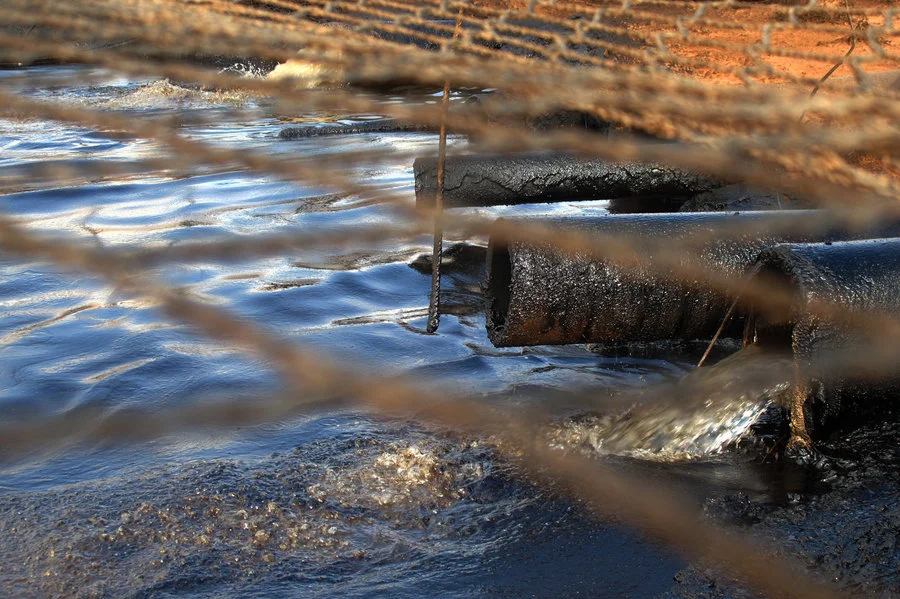By: Omar Ghani
On June 26, 2017, the Ak-Chin Indian Community filed a preliminary injunction against the Central Arizona Water Conservation District.[i] The Ak-Chin Indian Community is requesting that the court order the Arizona Water conservation District to deliver the full amount of water ordered and scheduled for delivery to the Ak-Chin Indian Community.[ii] The water for 2018 was scheduled to be delivered by the United States at the maximum amount of 85,000 acre-feet.[iii] The Ak-Chin Community alleges that the Central Arizona Water Conservation District unilaterally decided to deliver merely 75,000 AF of water to the Ak-Chin in 2018.[iv] The Ak-Chin community claims this causes irreparable harm.[v]
Ak-Chin is a tribe of 1,067 enrolled members, the majority of whom live on the Community’s reservation located south of Phoenix, Arizona.[vi] In 1912, the United States established the Ak-Chin Indian Reservation as a permanent home for the Ak-Chin Community.[vii] While the United States is now obligated to provide water to the reservation, it was not until the United States and the Ak-Chin Indian Community established the 1978 Ak-Chin Water Rights Settlement.[viii] According to the Ak-Chin Water Rights Settlement, the unfulfilled water rights of the Ak-Chin Indian Community were to be remedied by constructing a well field and water delivery system that would establish a permanent supply of water.[ix] In section 3 of the Water Rights Settlement, the United States is required to supply 85,000 AF of water to the Ak-Chin Indian Community on an annual basis.[x] However, in exchange for a permanent right to water from the United States, the Ak-Chin Indian Community had to release their claims against the United States for previously failing to deliver the water to the community.[xi]
The Ak-Chin Water Rights Settlement Agreement was modified in 1984 by the execution of the Agreement in Principle for Revised Ak-Chin Water Settlement.[xii] In the new agreement, the United States. was required to supply 75,000 AF as opposed to 85,000 AF.[xiii] Additionally, a new clause was added to the agreement that allows for the Ak-Chin community to request an additional supply of water that does not exceed 10,000 AF.[xiv] However, this is allowed only if there is sufficient surface water available.[xv] Unfortunately, for the upcoming year, 2018, the Central Arizona Water Conservation District will not provide the additional 10,000 AF of water.[xvi]
This issue arises from a plethora of causes, but ultimately, it stems from the structure of tribal sovereignty within the United States. In an early decision, the Supreme Court established Indian nations as domestic dependent nations.[xvii] In subsequent decisions of the Supreme Court, tribes have been granted exclusive authority within Indian territory, and states may not infringe upon on this tribal authority.[xviii] However, while tribes may have exclusive authority within Indian territory, tribes still depend on the United States to protect their authority over tribal territory.
Although the history of the relationship between Indian nations and the United States has been tumultuous and grim, President Obama’s presidency appeared to mark a new dynamic between Indian nations and the United States. During President Obama’s two terms, twelve Indian water rights settlements were completed, which was more than any other previous administration.[xix] Moreover, when President Obama’s administration ratified the last four of the twelve settlements in December 2016, water rights controversies for twenty tribes in New Mexico, Arizona, Montana, California, and Nevada ended.[xx]
The Central Arizona Water Conservation District’s refusal to supply an additional 10,000 AF to the Ak-Chin Indian Community signals a change in the dynamic of the relationship between Indian nations and the United States. According to the suit filed by the Ak-Chin Indian Community, every year since 2004 the Ak-Chin Community has received extra water upon request.[xxi] This year, for the first time in approximately 13 years, the Ak-Chin Indian Community has been denied their request for extra water. Regardless of whether the Ak-Chin Indian Community’s lawsuit is successful, the primary issue is that the community was forced to file a suit in the first place. The Ak-Chin Indian Community’s lawsuit indicates a change in the relationship between Indian nations and the United States. Unfortunately, it is likely that other Indian communities will be forced to litigate in order to receive the full rights and necessities promised to them by the United States.
[i] Ak-Chin’s Motion for Preliminary Injunction, at 2, Ak-Chin Indian Community v. Central Arizona Water Conservation District, No. CV-17-000918-PHX-DGC (D. Ariz., June 6, 2017).
[ii] Id.
[iii] Id.
[iv] Id.
[v] Id.
[vi] Id.t
[vii] About Our Community, Official Website of the Ak-Chin Indian Community, http://www.ak-chin.nsn.us/about.html (last visited Jul. 14, 2017).
[viii] Act of July 28, 1978, Pub. L. No. 95-328, 92 STAT. 409, 409 (1978).
[ix] Id.
[x] Id. at 411.
[xi] Id. at 410.
[xii] Act of October 19, 1984, Pub. L. No. 98-530, sec. 1, § (1), 98 STAT. 2698 (1984).
[xiii] Act of July 28, 1978, Pub. L. No. 95-328, 92 STAT. 409, 409-10 (1978).
[xiv] Id. at 409.
[xv] Id.
[xvi] Ak-Chin’s Motion for Preliminary Injunction, at 2, Ak-Chin Indian Community v. Central Arizona Water Conservation District, No. CV-17-000918-PHX-DGC (D. Ariz., June 6, 2017).
[xvii] Jin Hyung Lee, Establishing Applicable Water Quality Standards for Surface Waters on Indian Reservations, 66 Emory L.J. 965, 969 (2017).
[xviii] Id.
[xix] Native News Online Staff, Tribal Leaders Celebrate Four More Water Right Settlements In Indian Country, Native News Online.Net (Jan. 16, 2017), http://nativenewsonline.net/currents/tribal-leaders-celebrate-four-water-right-settlements-indian-country.
[xx] Id.
[xxi] Ak-Chin’s Motion for Preliminary Injunction, at 5, Ak-Chin Indian Community v. Central Arizona Water Conservation District, No. CV-17-000918-PHX-DGC (D. Ariz., June 6, 2017).


